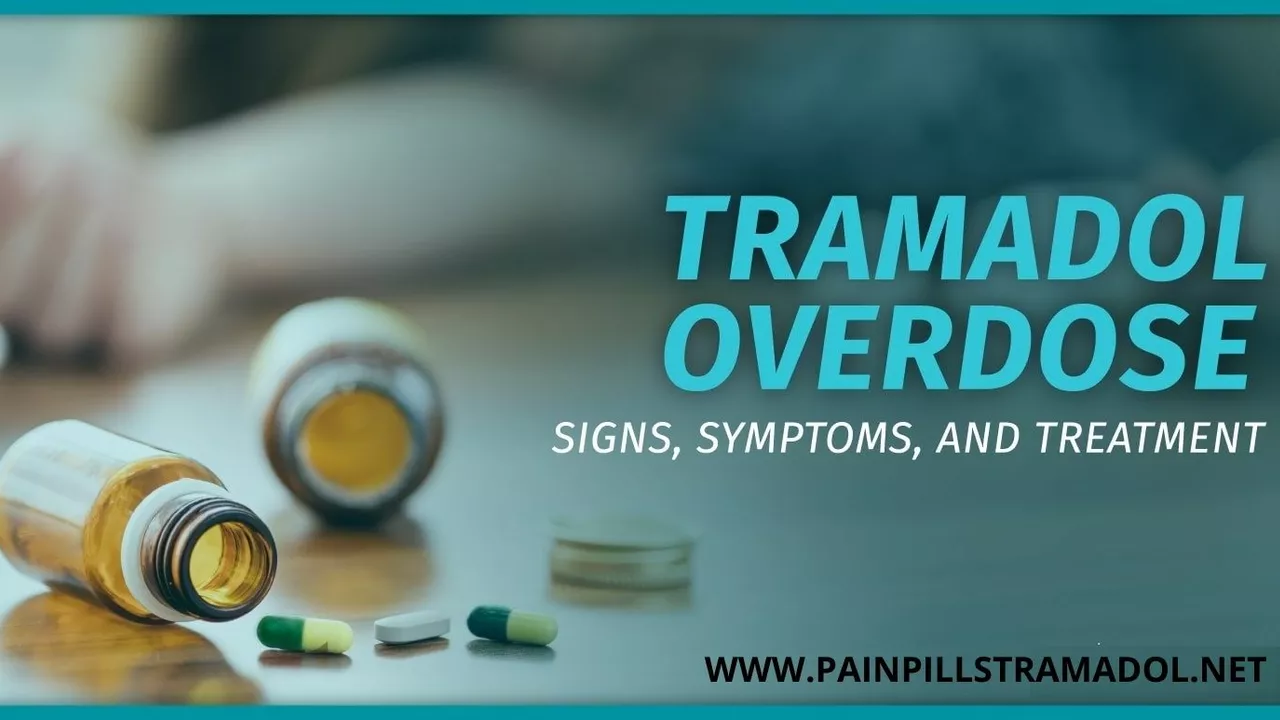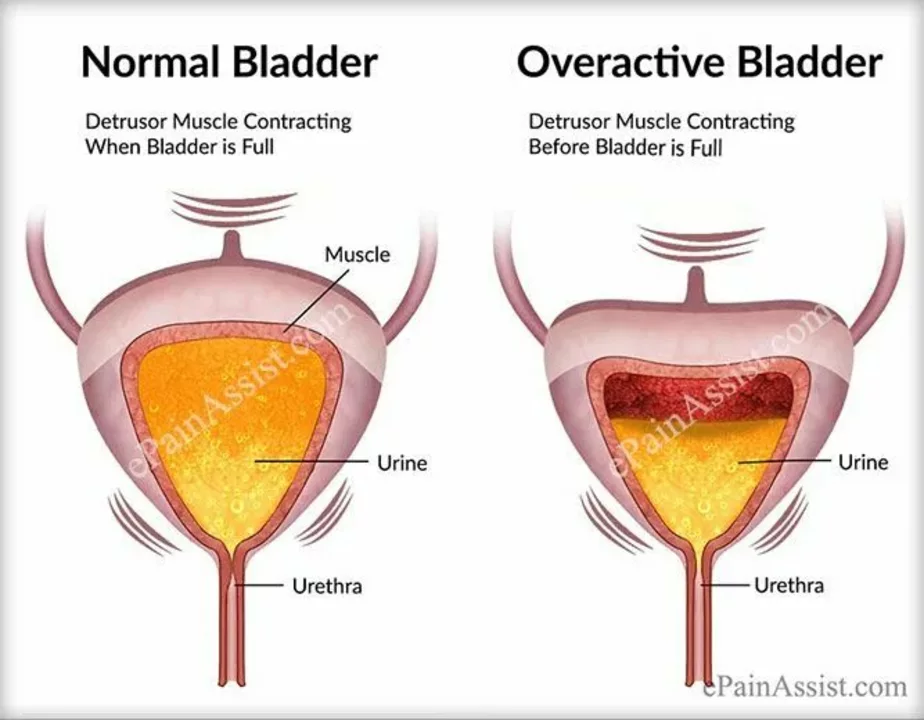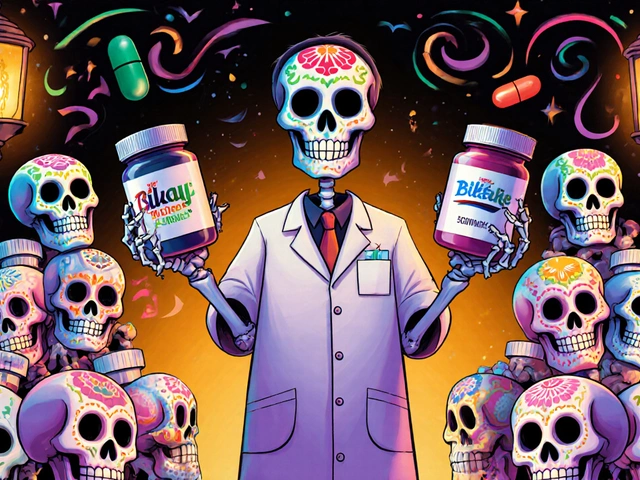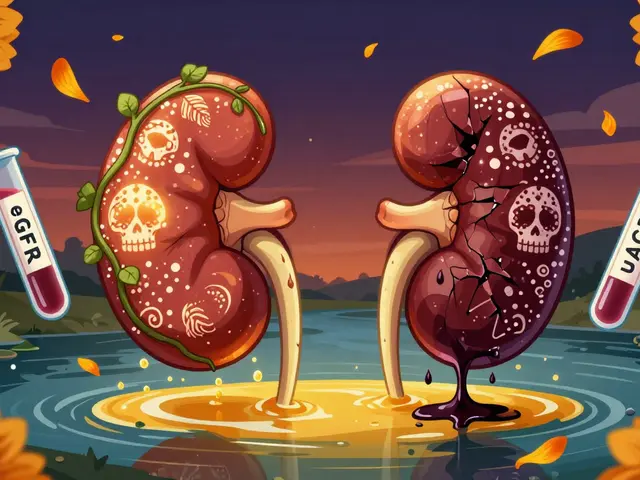Symptoms: What They Mean and What to Do Next
Not every symptom is an emergency, but knowing which ones are serious saves time and stress. This tag page collects practical guides about common symptoms — from coughs and tremors to mood changes and acne — plus safe next steps and medicine info so you can act with confidence.
Quick triage: when a symptom needs urgent care
Use this simple checklist: go to the ER or call emergency services for chest pain, sudden shortness of breath, severe bleeding, sudden weakness or slurred speech, fainting, or very high fever with confusion. For problems like worsening breathing, sudden vision changes, or severe allergic reactions, get help right away.
For less urgent but still concerning symptoms — persistent cough, new rash, ongoing tremors, or mood shifts that interfere with daily life — book a same-day clinic or see your primary doctor. If you have chronic conditions (asthma, heart disease, diabetes), lower the threshold for seeing a clinician.
Smart next steps for common symptoms
Track what you feel. Note when a symptom started, what makes it better or worse, other symptoms that show up with it, and any medicines you took. A short log helps clinicians and speeds up diagnosis.
Try safe first-line actions at home: rest, hydrate, use paracetamol or ibuprofen for pain and fever if allowed, and use prescribed inhalers for wheeze. Don’t start antibiotics on your own — many infections are viral and won’t help. Read our articles on Zithromax, Vancomycin, and Cefadroxil to learn when antibiotics are appropriate and why prescriptions matter.
If you rely on inhalers but face shortages, check our Albuterol alternatives and Ventolin guide for emergency tips and safe short-term options. For skin problems tied to hormone care, our isotretinoin article covers benefits and the real barriers people face, like iPLEDGE requirements.
Mental health symptoms deserve attention too. If mood swings, panic, or obsessive thoughts are hurting your work or relationships, structured therapies like CBT can help — see our PMDD and anxiety/OCD pieces for concrete therapy options and coping tools. For chronic illness, emotional strain is real; our Hepatitis C piece explains practical mental health supports.
Want to explore specific posts? This tag includes hands-on articles: massage for tremors, natural ways to boost male performance, and practical drug-savings tips. We also offer guides on safely buying meds online and when to avoid self-treatment.
Still unsure? Bookmark this page, save a symptom log, and use our articles as a starting point. If you need personalized advice, contact your healthcare provider — and if you want help finding the right article here, use the site search or reach out to our team.

Learn why athletes can develop deep vein thrombosis, recognize early symptoms, and adopt proven prevention tactics like hydration, compression gear, and smart travel habits.
Chris Gore Oct 8, 2025
In my research about Cefaclor overdose, I found that symptoms may include nausea, vomiting, and diarrhea. Immediate medical attention is vital as these symptoms could escalate. The treatment primarily involves supportive care, focusing on managing the symptoms. To prevent such an occurrence, it's crucial to adhere to the prescribed dosage and schedule. Always consult with a healthcare provider if you're unsure about your medication regimen.
Chris Gore Jul 21, 2023
As someone who's dealt with overactive bladder symptoms, I can't stress enough the importance of finding effective ways to manage them. One medication that's been a game changer for me is Darifenacin. This drug works by relaxing the muscles in the bladder, reducing the frequency and urgency of urination. Since I started taking Darifenacin, I've noticed a significant improvement in my bladder control and overall quality of life. If you're struggling with overactive bladder symptoms, it might be worth asking your doctor about Darifenacin as a potential treatment option.
Chris Gore Apr 30, 2023




